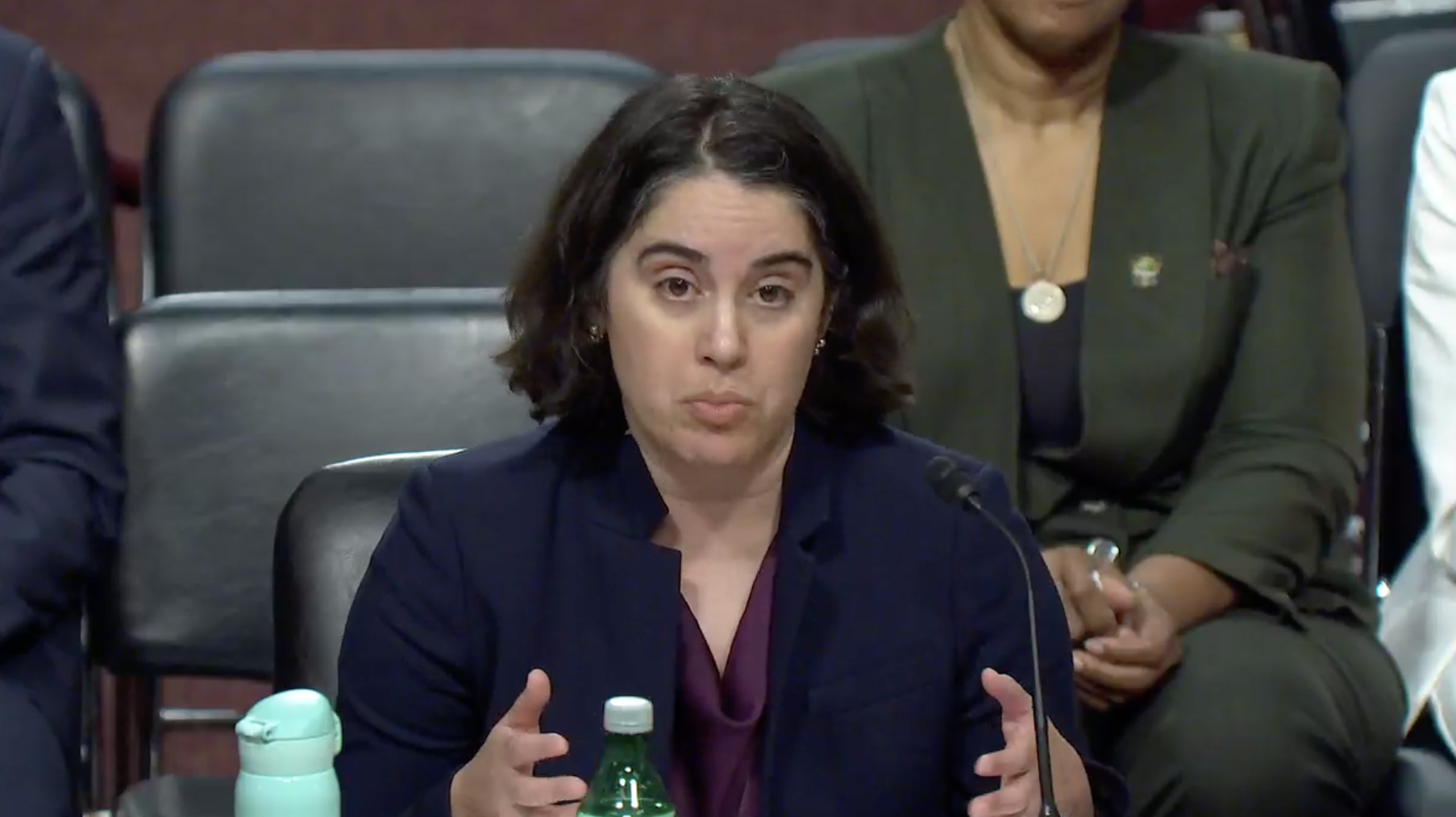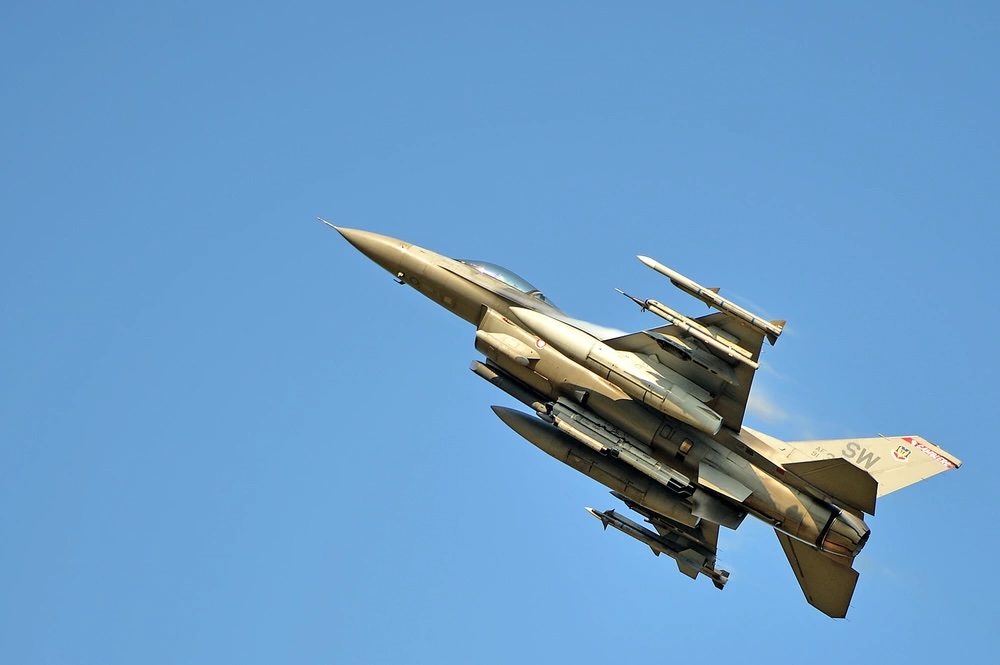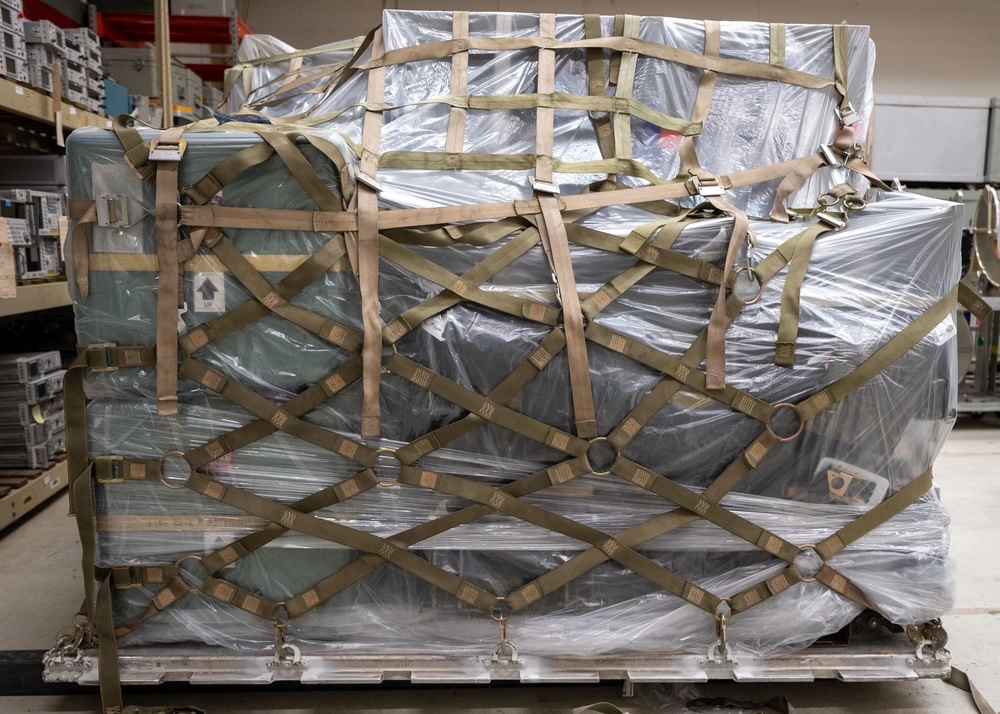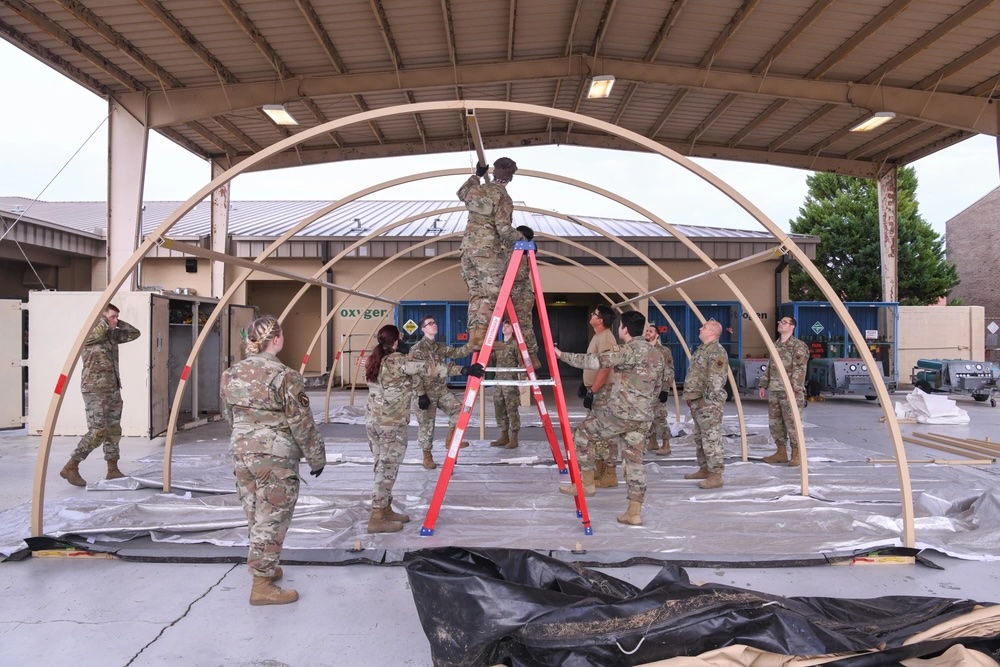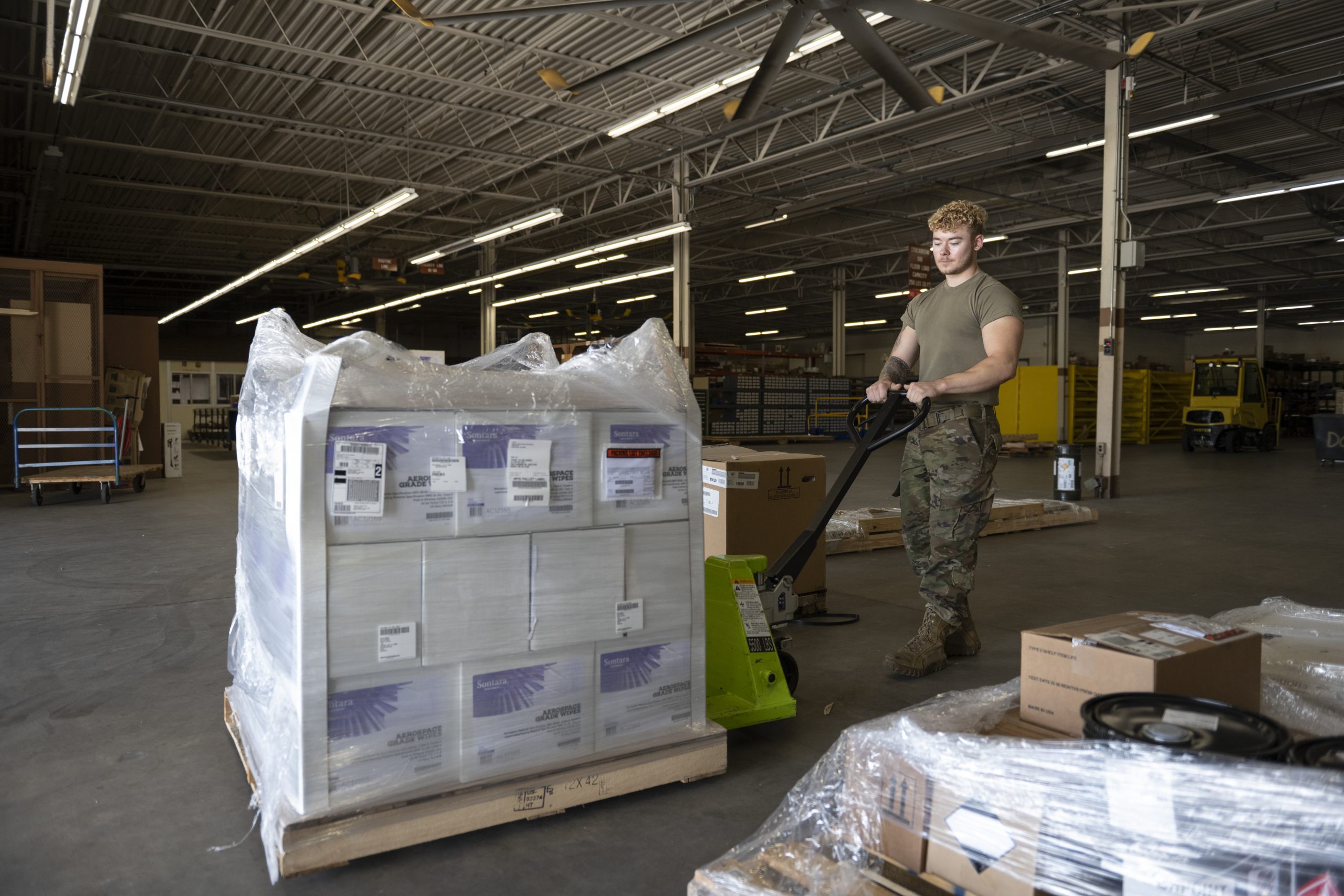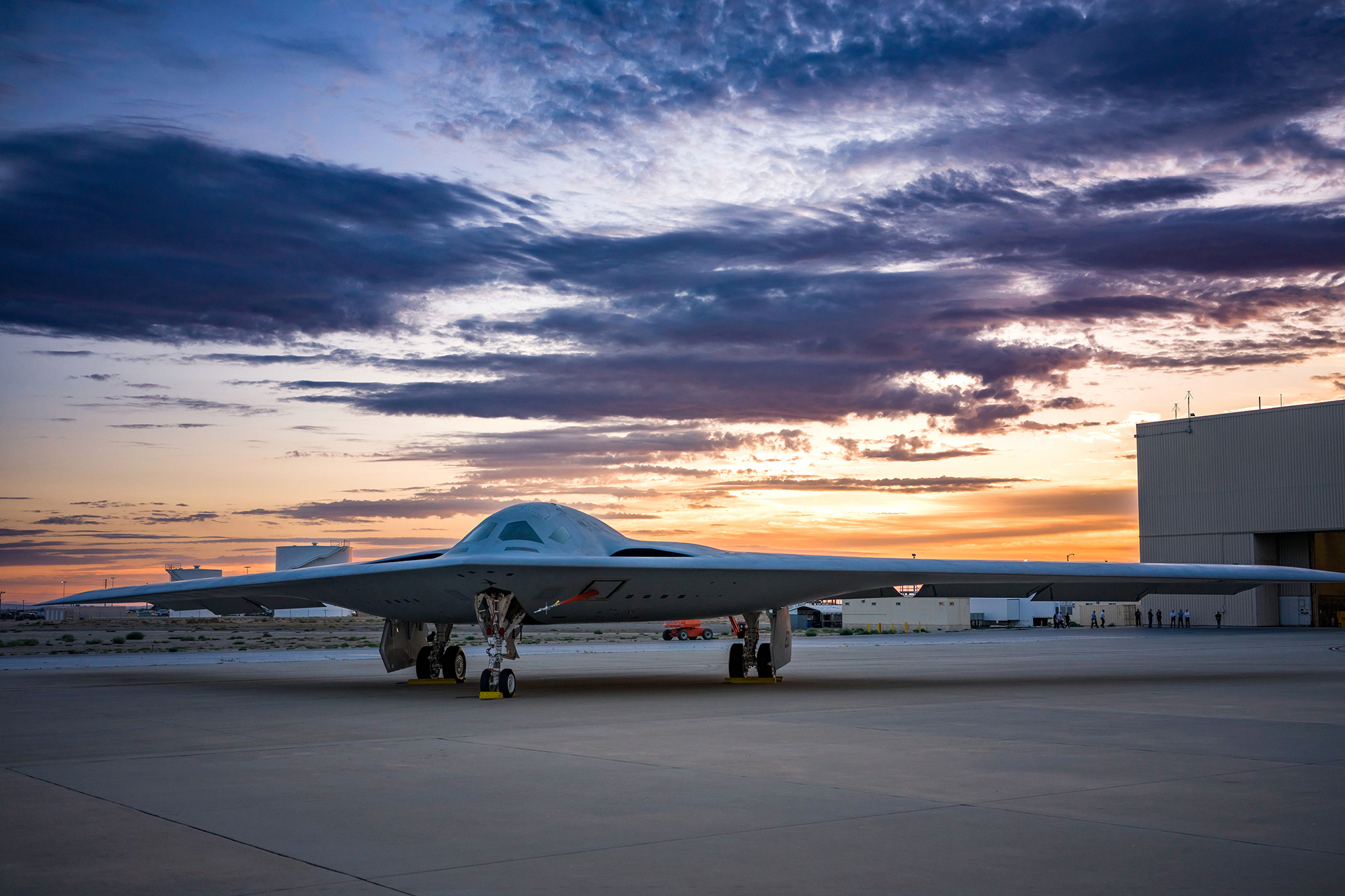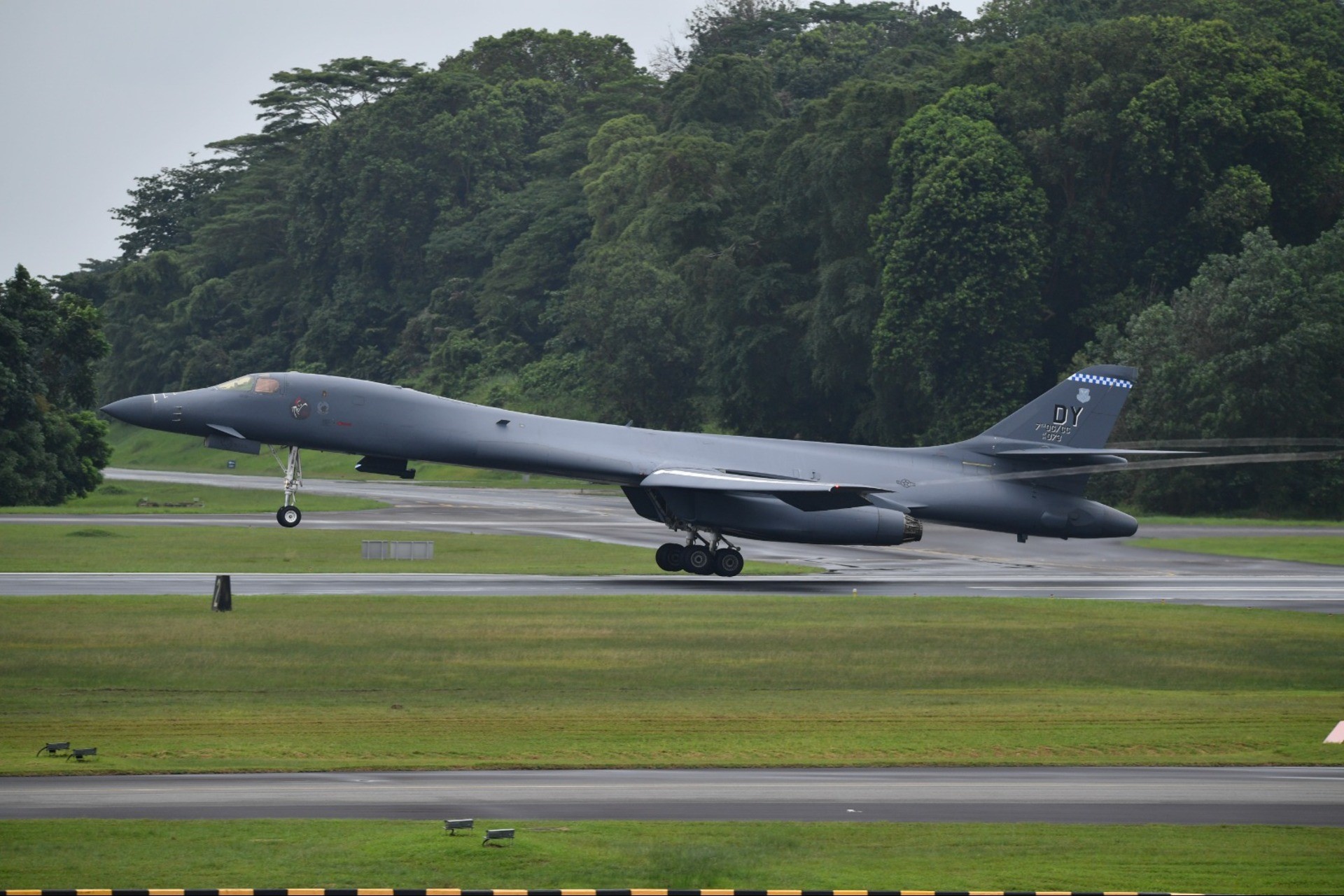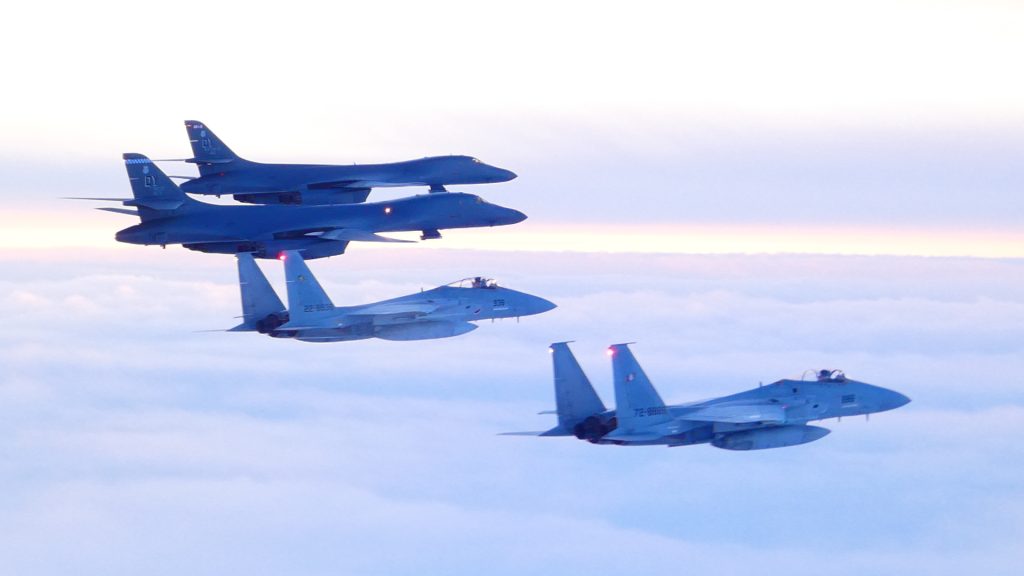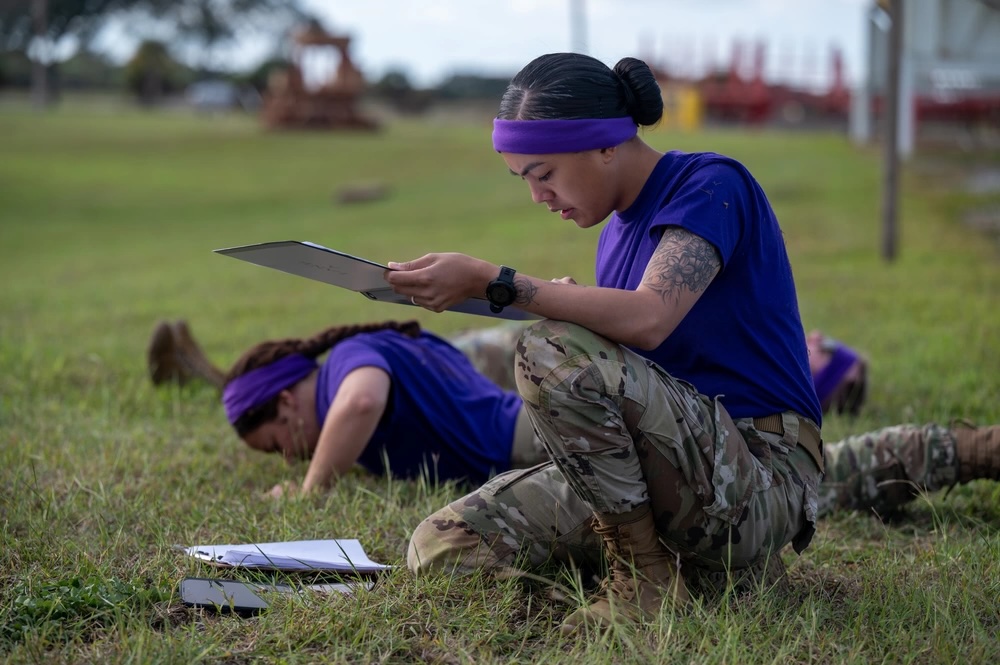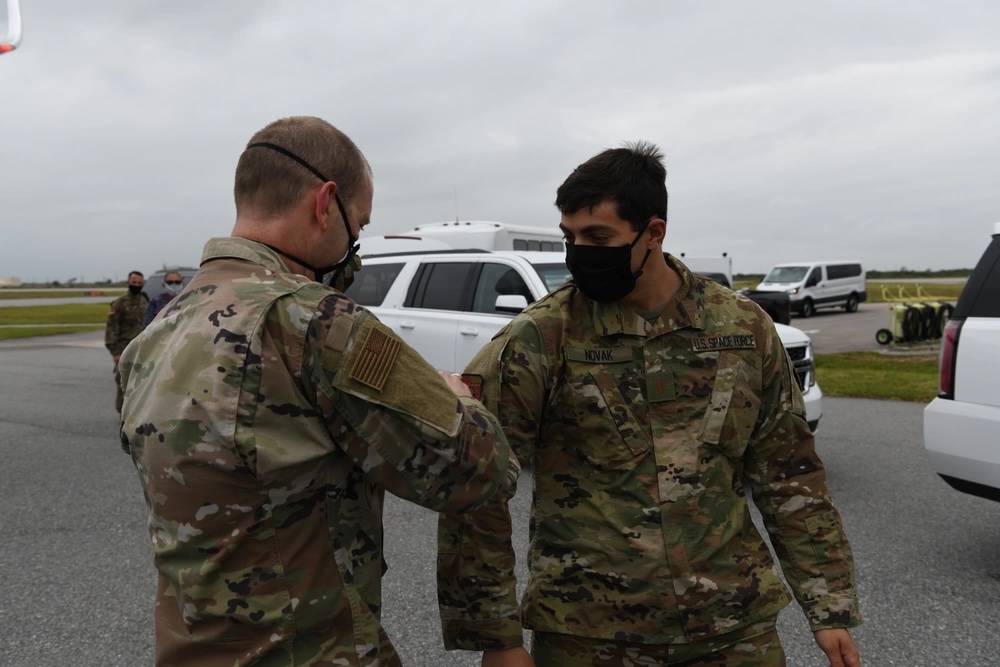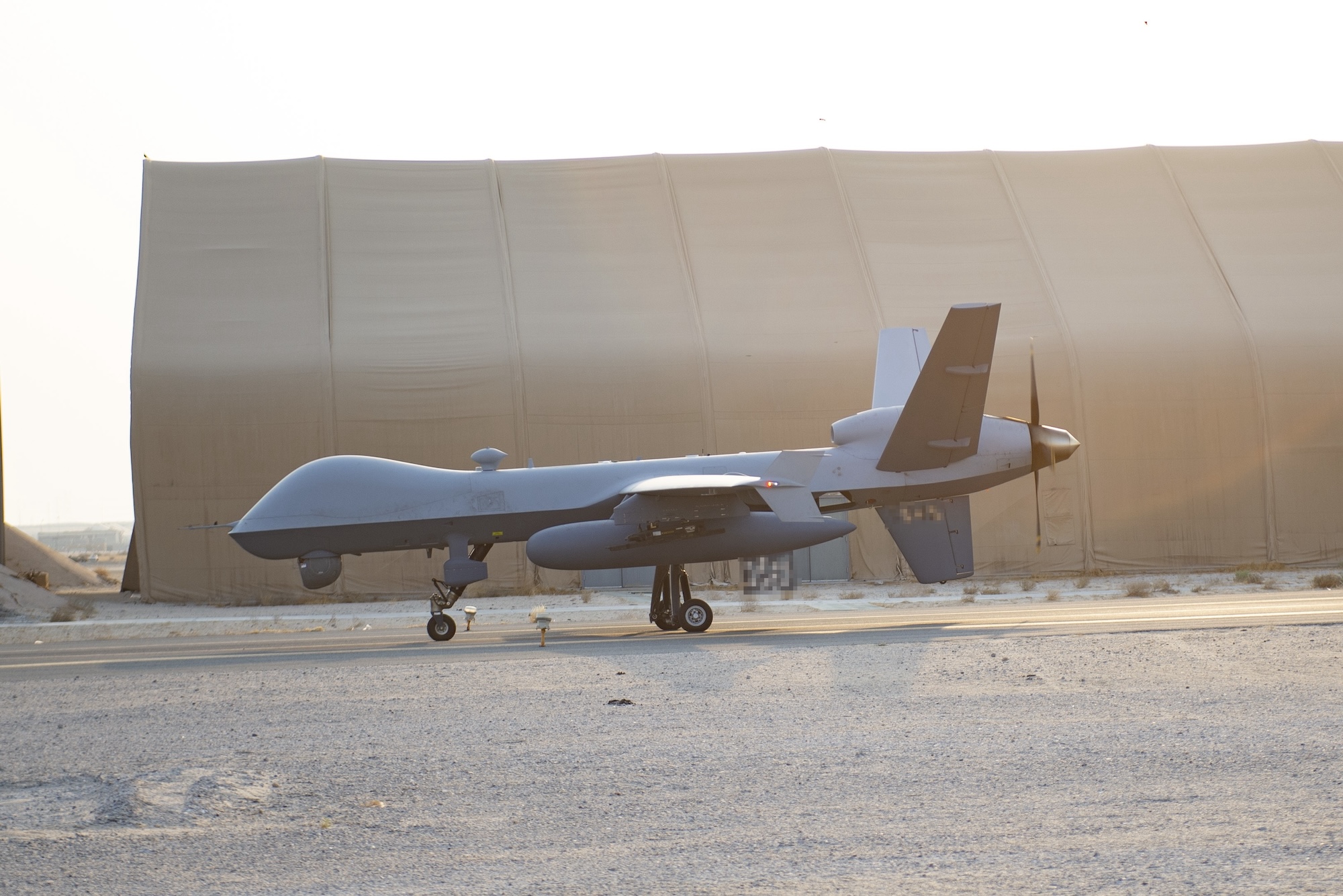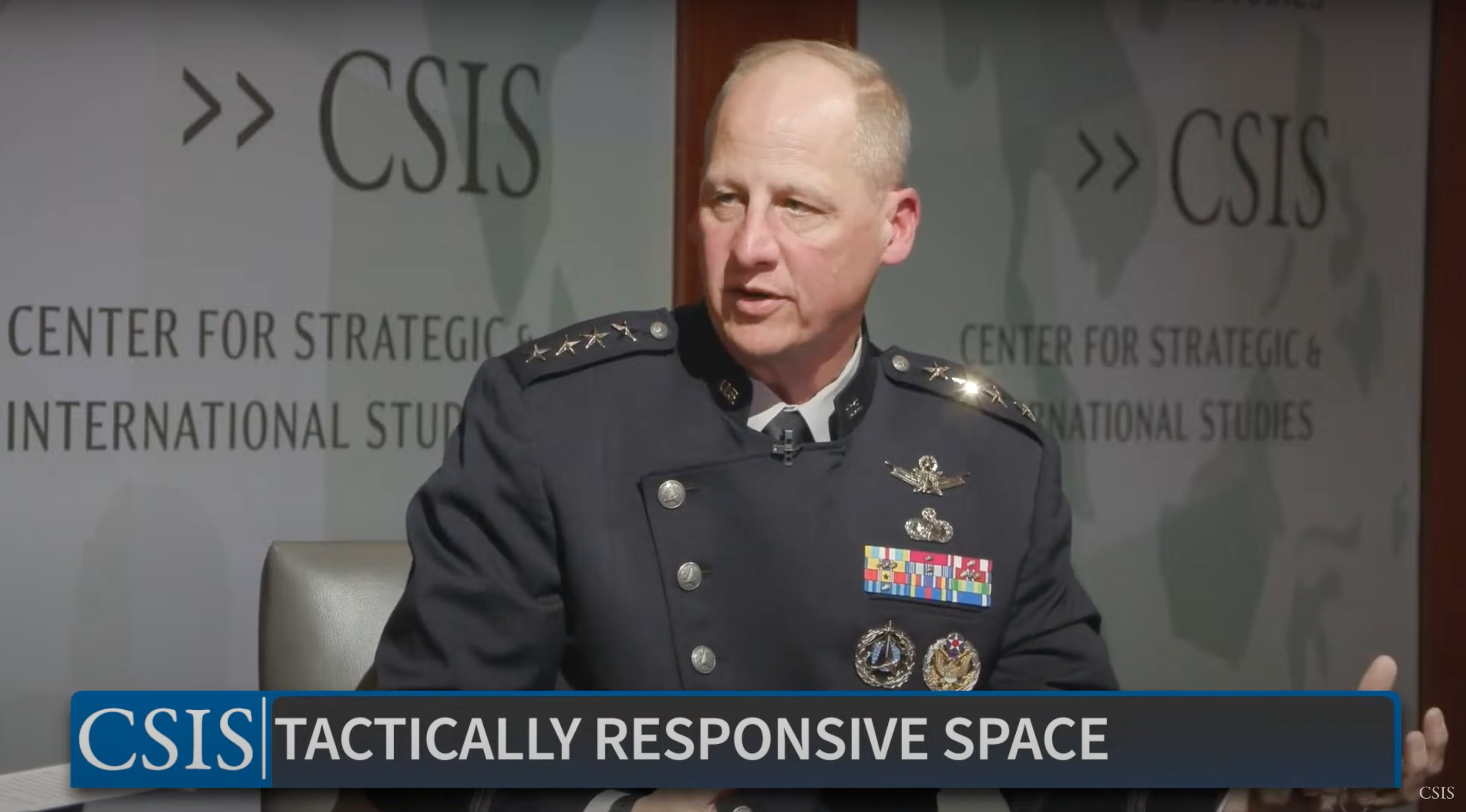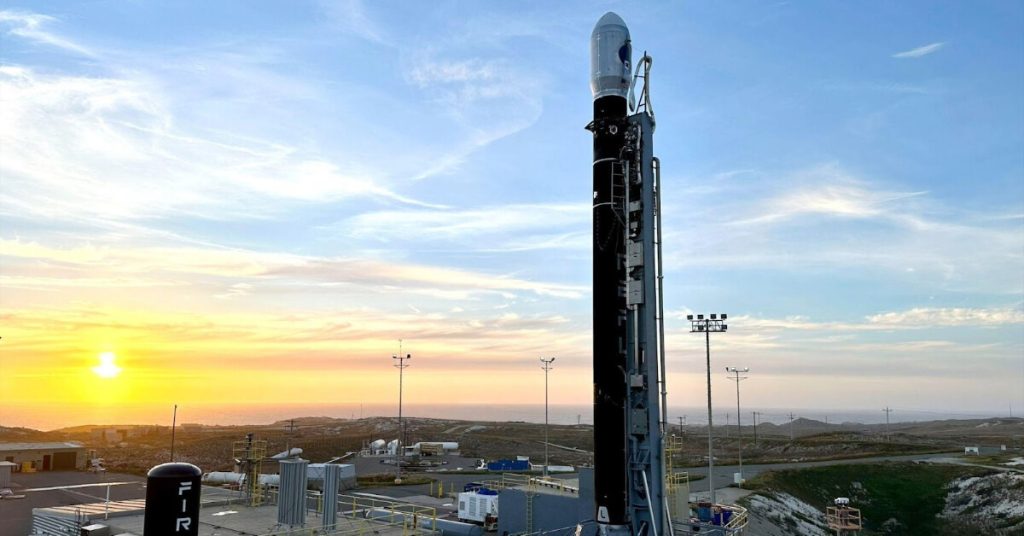Melissa G. Dalton, President Joe Biden’s nominee to be undersecretary of the Air Force, faced tough questions from Republican lawmakers on the Senate Armed Services Committee during her confirmation hearing Jan. 23.
In her opening statement, Dalton emphasized the Air Force’s pivotal role in great power competition with the People’s Republic of China. In particular, she pledged to prioritize nuclear modernization, leveraging her experience working on the Pentagon’s Nuclear Posture Review.
“If confirmed, I would leverage my experience on the NPR to ensure the Department of the Air Force is making the necessary investments to maintain a safe, secure and effective nuclear deterrent,” said Dalton, who currently serves as assistant secretary of defense for homeland defense and hemispheric affairs and prior to that was principal deputy assistant secretary of defense for strategy, plans, and capabilities.
However, much of the hearing centered on lawmakers pressing Dalton on two issues: the sale of unused construction materials for a border wall on the southern border, and the transit of the continental U.S. by a high-altitude Chinese spy balloon in early 2023.
Sen. Roger Wicker (R-Miss.), the ranking member on the committee, cited both topics in his opening statement.
“This track record casts a shadow on this nomination,” Wicker said. “But on top of it all, Ms. Dalton has virtually no experience with the Air Force. I hope she will address what she will brings to this position and what you have learned from mistakes in current and prior roles.”
The border wall issue stemmed from an August 2023 letter Dalton sent to the committee stating that the decision to auction materials originally intended for a border wall was still being made. Wicker and other lawmakers said the decision had already been made at that point, and that Dalton was too slow to respond to a March letter from lawmakers.
Dalton explained the August letter was based on information collected from various components across the Department of Defense, including the Defense Logistics Agency, the Department of the Army, and acquisition and sustainment. She was also not responsible for the decision to auction the material.
But Wicker also argued Dalton was too slow to respond to the Chinese spy balloon and has not responded in a timely manner to oversight requests related to the incident.
“To me, it’s unsatisfactory. It’s just like the way your department and your office did in regard to the Chinese spy balloon,” Wicker said, tying the issues together. “You said you take your oversight responsibilities seriously, and after our letter, you entered this long fact-finding process.” Wicker said. “It doesn’t appear that you did that with regards to all of the questions regarding NORAD’s lack of established identification characterization and handoff procedures.”
Around a half dozen Republican committee members asked Dalton about the two issues, expressing concern about how they were handled.
Sen. Mike Rounds (R-S.D.) noted that Dalton’s nomination for her current position passed through the committee and Senate without controversy, but the incidents raised doubts on her nomination to become the Air Force’s No. 2 civilian.
“Between now and the time that a vote is held on your nomination, I think you’ve got some work to do to regain the confidence of a lot of the members on this committee,” Rounds said.
In particular, Rounds pushed Dalton to clarify her involvement in the decision not to shoot down the balloon over land. Dalton said she was one of several officials advising Defense Secretary Lloyd J. Austin III, but that ultimately, “the best military advice to not shoot down the balloon over U.S. territory came from our U.S. senior military officials.”
Sen. Kevin Cramer (R-N.D.) also questioned Dalton on the balloon, focusing on the timeline of when the balloon was detected and the lack of internal review in the aftermath.
“My initial advice was that we absolutely needed to understand what capabilities were on the PRC high altitude balloon.” Dalton said. “NORAD and NORTHCOM was tracking it and characterizing it, but we needed to get to the bottom of what it was doing, what its intentions were.”
Cramer pressed further, asking why DOD had not immediately commenced a review of the incident to identify areas for improvement. Dalton stressed the importance of providing timely oversight answers to Congress and acknowledged the department falling short in that aspect.
“The benefit of having investments in NORAD modernization would allow us to better characterize these types of threats sooner,” Dalton added.
Cramer then questioned whether Dalton would do anything differently now regarding the matter. Dalton committed to enhancing coordination in the future, addressing the need for improved coordination between federal, state, and local authorities in responding to such national security threats.
“We could have had better national-level integration at the local level. In real-time, we could have been more expeditious about it, and we will do so going forward.” Dalton noted.
Sen. Markwayne Mullin (R-Okla.) also echoed Wicker in asking Dalton for her qualifications to help lead the Air Force. Dalton cited her 20 years in defense, much of it in the Pentagon, and her experience working alongside deployed troops.
Dalton does have little experience inside the Department of the Air Force to date—much of her experience in DOD has been in the office of undersecretary of defense for policy.
Air Force Secretary Frank Kendall also had no direct experience inside the department before he became its leader in 2021. He did have extensive connections with Air Force acquisition through his time as undersecretary of defense for acquisition, technology, and logistics.
No lawmakers explicitly stated they would vote against Dalton’s nomination. If confirmed, she would succeed Gina Ortiz Jones, who held the job from July 2021-March 2023. Since her departure, the position has been filled on an acting basis by the department’s comptroller, Kristyn E. Jones.
